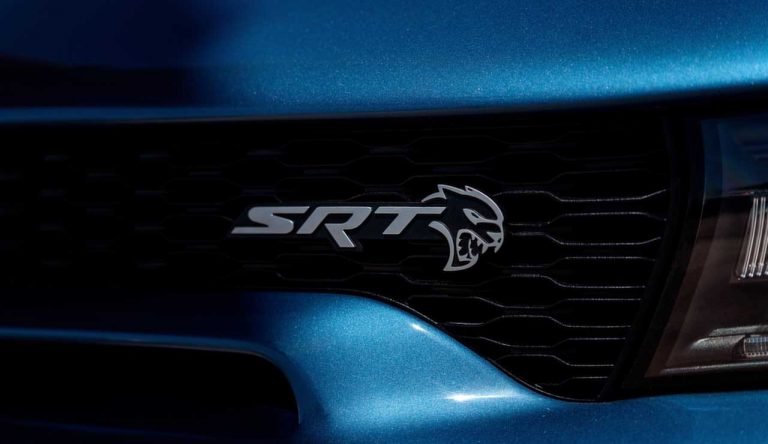Lexus Wagon IS300 – A Unicorn
Ultra-rare find
The one thing you need to know about the Lexus wagon is that is rare, ultra-rare we might say. Chances are, this is the first time you’re even hearing of a wagon from Lexus. The IS series from Lexus was a revelation. It sought to challenge the likes of BMW and Mercedes Benz with offerings that were distinctly Japanese.
The Lexus IS300 wagon offered buyers a car that was a radical departure from any other offering in the segment. But perhaps, the most intriguing prospect of buying a Lexus wagon is the rarity. Lexus has made and sold only 4000 IS300 Lexus wagon’s, ever. The reasons for such abysmal sales can be chalked up to the unpopular nature of wagons in America. Despite this, the car is seductive in appearance and is every bit a reliable Lexus as they come.
A design that inspires
One look at the Lexus wagon and you will see that it looks nothing like a wagon. It is actually shorter than a Corvette and the wagon’ moniker is nothing more than that, a moniker. Although the length of the car is more and there is some much-needed cargo space, it still defies the traditional dimensions of a wagon. The car looks nothing like the big delivery and soccer mom cars that we associate wagons with. It is wide and slung, looking more like a hotrod.
The car borrows all the looks from its sedan brother, the IS300. The front fascia looks slender and sharp. It has the typical Lexus grille and headlight combo. The lines accentuate the shape of the car well and the rear does not look to lift. The rear brake lights are round and give the car some much-needed character.
The car does not appeal to you like something which is only about performance. It has the look of a car that means speed. Station wagons are not meant to be about aggressive profiles and clean looks. They inspire safety and ease, yet the Lexus IS300 wagon inspires something else. It is a car that assures you that conventional takes on segments can be broken and that the Japanese always have something more interesting.
Performance that delights
While modern wagons and sports sedans are all about dumping a big beefy engine, in the early 2000s, this was a nuanced concept. The Germans were pioneers of using big engines and the Japanese choose the route of refinement. This resulted in a drastically different style of power delivery and performance on the Lexus wagon.
The car was equipped with a Toyota made 3.0-liter inline-six engine that was capable of delivering 227 bhp with a peak torque output of 220 lb-ft. All the power was directed to the rear wheels and you got some surprisingly good numbers out of it. The car could do 0-60 in just 7.7 seconds and had a top speed of 140 mph. For a wagon that launched in 2000, these numbers were superb.
The reason for good performance could also be attributed to the fact that the car weighs considerably less than it should. It weighs only 3400 lbs, which is actually lighter than an Aston Martin Vantage V8. The lightness means that it is nimble and drives relatively quickly, the car doesn’t feel sluggish due to its own weight.
Driving dynamic that is distinct
The five-speed automatic transmission on the Lexus station wagon gives it a fresh feel. The car does not drive like a station wagon, contrarily it feels akin to its sedan counterpart. It feels and moves like a sports sedan. The car had the same wheelbase as that of the sedan and the increased length did not cause any issues with balance.
The car felt nimble and agile in corners. The throttle response was quick and you would have no issues performing an overtake. The ride feels good and the handling is precise. There are very few compromises between comfort and sport, something which Lexus worked on keenly. They wanted the car to retain the driving style of the sedan without sacrificing comfort.
Interiors with no compromises
Lexus wagon has great interiors and we have to give the gauge set up on the dash a special shoutout. It was designed to look like an expensive chronograph and it is a stunning reminder of the simplicity and elegance of analog gauges.
No digital gauge can compare to it, no matter how advanced or fancy it may be. The leather inside the car is plush and the tan is a salient reminder of this car’s age. The instrument panel and button layout are simple, nothing too complicated here. The quality is evident at first touch, whether it is the door panel or the leather-wrapped steering wheel.
While you are not getting anything close to a luxury sedan, the differences are not worlds apart. You get superb comfort and the ride itself is good for long distances. Over the course of time, you won’t feel a deterioration in the quality.
Lexus’ attempt to break the mold
The Lexus wagon is a unicorn, as expressed by our title. It is mythical in many ways; it remains the only wagon Lexus has ever produced. It wasn’t even a failed attempt or a car that was marred by catastrophic reviews.
The market for the car simply didn’t exist and those that have actually tested the car or seen it in real life will attest to its brilliance. It should get a lot more credit than it deserves. There have been talks of a Lexus hybrid wagon, but we reckon those are just baseless rumors flying off the mill.
Last words
If you happen to find a Lexus wagon on sale, snap it up. That’s all we have to say. The car is superb on all fronts. It is surprisingly quick, nimble on the roads, and does not feel weighty. The interiors are comfortable, more than what you can ask for in a station wagon. The Lexus IS300 wagon is also rare, incredibly rare.
We reckon there are maybe 10-15 units on sale across the world. The car has also been used as a track machine lately, the base platform for the car has tremendous performance potential, and enthusiasts are always on the lookout. The car makes for an excellent daily driver with loads of tuning potential. It is a unicorn alright, just one that exists in real life.





